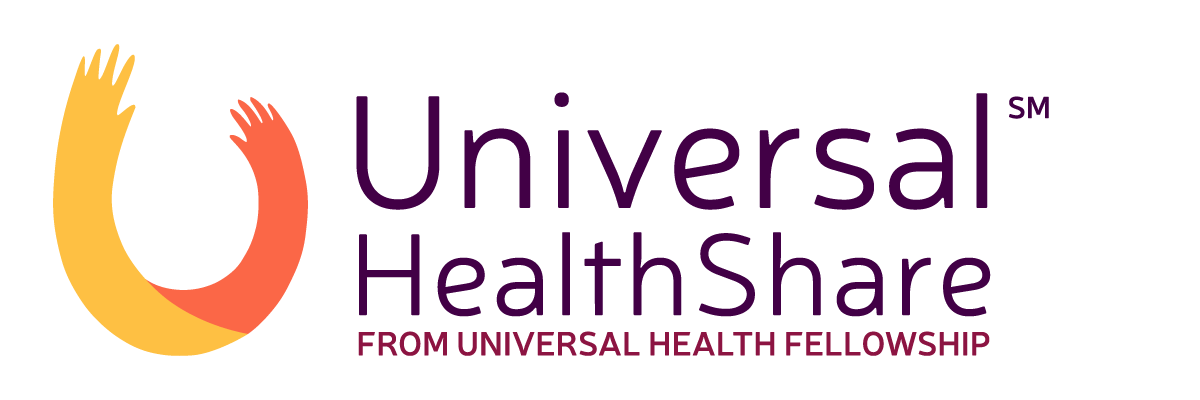On April 7th, 2021, the CDC announced nearly 25% of all Americans were fully vaccinated. Vaccines are considered the best way to prevent the spread of COVID-19, but those who haven’t received a vaccination yet may still be hesitant to sign up for one.
The sheer scale of a nationwide vaccine rollout program can be complicated and intimidating. Below we’ve answered some of the questions you may have about the vaccines available in the United States.
Pfizer, Moderna, and Johnson & Johnson:
At the time of this writing, there are three companies supplying vaccines to vaccination sites – Pfizer, Moderna, and Johnson & Johnson. Pfizer and Moderna require two injections a few weeks apart. Johnson & Johnson is only one dose. You may hear of other vaccine companies like AstraZeneca or CanSino, but these are not available in the U.S.
Is the vaccine safe?
Millions of people across the country have been vaccinated safely, and the vaccines continue to be rigorously monitored by the FDA for safety and quality. It is important to acknowledge the risk of side effects as a result of receiving the vaccine, but a vast majority of people have only experienced mild side effects.
Pfizer – Recipients of the Pfizer vaccine have reported “pain at the injection site, tiredness, headache, muscle pain, chills, joint pain, and fever,” according to the FDA. 65% of recipients will experience one or more of these mild side effects. The symptoms are typically more noticeable after the second dose and can last up to a few days.
Moderna – The FDA reports that the reported side effects of the Moderna vaccine are “pain at the injection site, tiredness, headache, muscle pain, chills, joint pain, swollen lymph nodes in the same arm as the injection, nausea and vomiting, and fever”. About 70% of recipients will experience one or more of these mild side effects. Again, these are more likely to occur after the second dose and can last up to a few days.
Johnson & Johnson – This vaccine was briefly paused after it was found to have caused severe blood clots in extremely rare cases. As of April 28th, the number of cases has risen to 15 individuals, all of which are women. In three of these cases, the clotting has been fatal. The vaccine is now back in circulation, and more common side effects include pain, redness, and swelling at the injection site, tiredness, headache, muscle pain, chills, fever, and nausea, according to the CDC.
Does the vaccine work?
Much like safety, the effectiveness of the vaccines has been and continues to be thoroughly studied by the CDC and FDA. No vaccine is 100% effective, but having a vaccine dramatically lowers your odds of catching the virus. Even if you do contract COVID-19, the vaccine dramatically lowers the risk of hospitalization and death.
While booster shots will most likely be needed in the next couple of years to ensure the long-
term effectiveness of the vaccines, the high effectiveness of the current vaccines will be enough to get the U.S. back to a more normal existence.
Pfizer – Based on CDC studies, Pfizer is 95% effective at preventing the spread of COVID-19. More details are available.
Moderna – Based on CDC studies, Moderna is 94.1% effective at preventing the spread of COVID-19. More details are available.
Johnson & Johnson – Based on CDC studies, Johnson & Johnson is 66.3% effective at preventing the spread of COVID-19, and “no one who got COVID-19 at least 4 weeks after receiving the … vaccine had to be hospitalized,” according to the CDC. More details are available.
How do I get a vaccine?
The guidelines for who is eligible to receive a vaccine varies from state-to-state. Consult your state’s government website to determine when you can sign up for an appointment. Once you are eligible, you can sign up at a mass vaccination site or with certain providers and pharmacies. Websites like can also be used to find a location near you.
Once you find a testing site, you choose a time you would like to schedule your appointment from a list of available time slots. These slots can fill up quickly, so if you don’t see any at first, be sure to check in again to see if any become available.
When you sign up, you may be asked to provide a photo ID or insurance card; however, COVID-19 vaccines are free of charge to all people living in the U.S. regardless of immigration status and whether or not they have insurance.
What is getting a vaccine like?
If you’re wondering what it looks and feels like to get a vaccine, you’re in luck! We have testimonials from individuals who have received their vaccines, which you can read in our upcoming blog.
The last week of April is World Immunization Week. We encourage you to share this with your friends and family to answer any questions they may have about getting vaccinated. You can also learn more about the vaccines and how to get them with these resources:
https://www.cdc.gov/
https://vaccinefinder.org/
https://www.fda.gov/emergency-preparedness-and-response/coronavirus-disease-2019-covid-19/covid-19-vaccines
https://www.cdc.gov/coronavirus/2019-ncov/vaccines/different-vaccines/janssen.html
https://www.cnn.com/2021/04/27/health/women-johnson-johnson-vaccine-wellness/index.html


